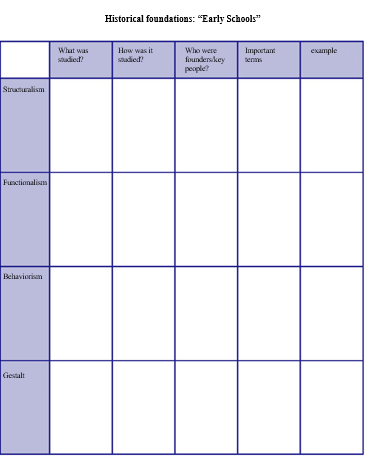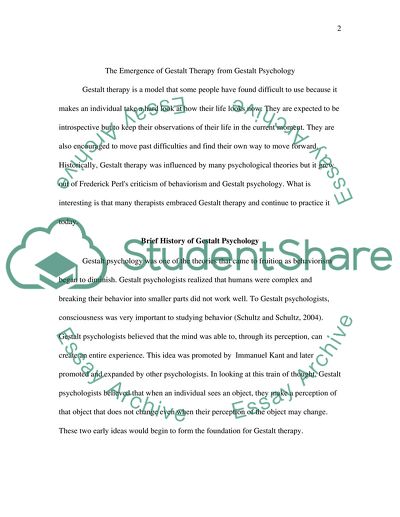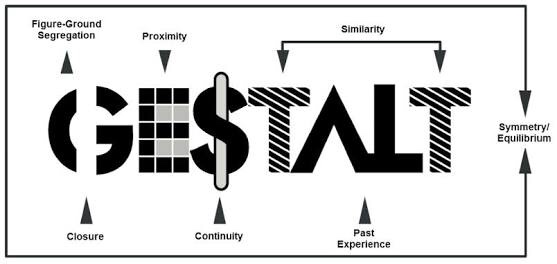Gestalt behaviorism is a psychological theory that combines elements of behaviorism and gestalt psychology. Behaviorism is a psychological approach that focuses on the study of observable behavior and the use of reinforcement and punishment to shape and modify behavior. Gestalt psychology, on the other hand, emphasizes the role of perception and subjective experience in shaping behavior and cognition.
Gestalt behaviorism aims to bridge the gap between these two approaches by incorporating the idea that behavior is not simply a response to stimuli, but is also influenced by an individual's perception and interpretation of those stimuli. According to gestalt behaviorism, behavior is shaped by the individual's subjective experience, which is influenced by their past experiences, current environment, and cognitive processes.
One key concept in gestalt behaviorism is the idea of "organism-environment interaction." This refers to the idea that an individual's behavior is not solely determined by the environment, but is also influenced by the individual's own perception and interpretation of that environment. In other words, an individual's behavior is not just a response to stimuli, but is also influenced by their subjective experience of those stimuli.
Another key concept in gestalt behaviorism is the idea of "field theory." This refers to the idea that an individual's behavior is influenced by the total field of stimuli that they are experiencing, rather than just individual stimuli. This means that an individual's behavior is not just a response to a single stimulus, but is also influenced by the overall context in which that stimulus occurs.
Gestalt behaviorism has been influential in the development of cognitive-behavioral therapies, which aim to modify an individual's behavior by changing their thoughts and perceptions. These therapies often involve techniques such as exposure therapy and cognitive restructuring, which aim to help individuals overcome phobias and other anxiety disorders by changing the way they perceive and interpret stimuli.
Overall, gestalt behaviorism is a psychological theory that emphasizes the role of perception and subjective experience in shaping behavior. It suggests that behavior is not just a response to stimuli, but is also influenced by an individual's interpretation and perception of those stimuli. This theory has been influential in the development of cognitive-behavioral therapies and continues to be an important perspective in the field of psychology.









